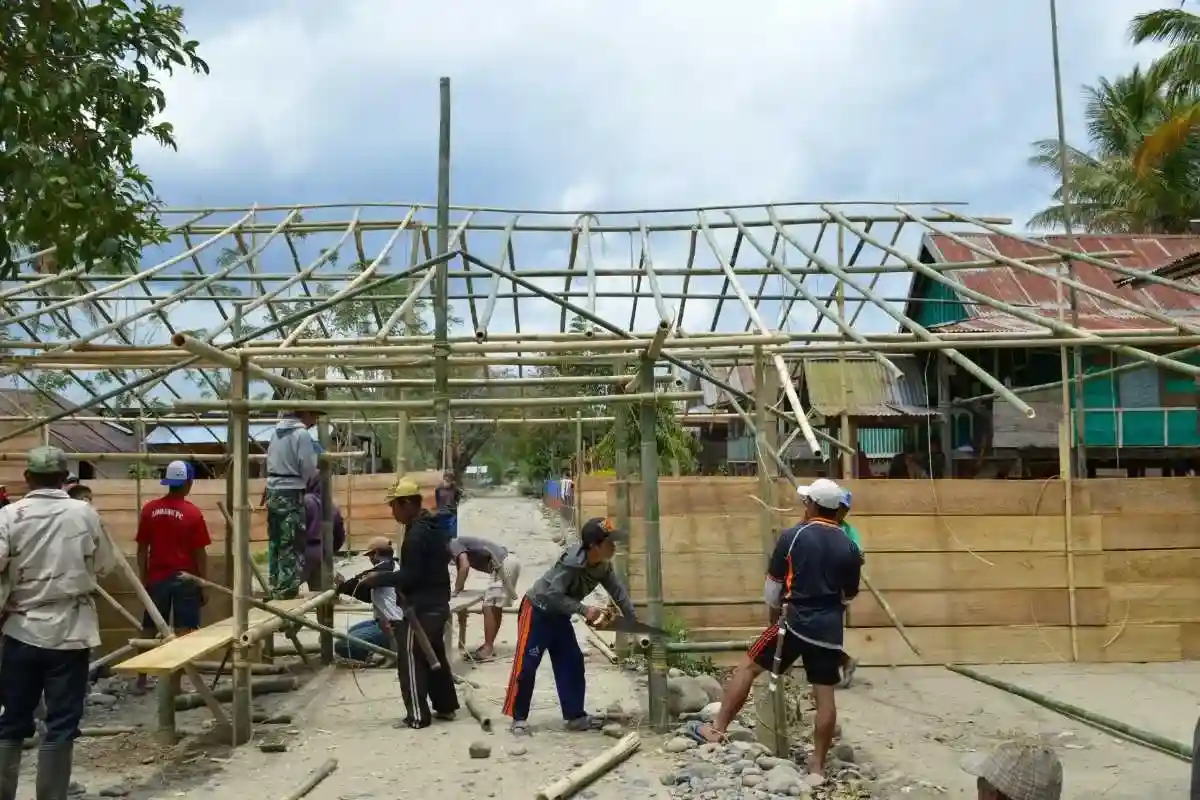
Making green jobs accessible to all communities is essential for creating a fair and sustainable economy. As industries shift toward renewable energy, conservation, and eco-friendly innovation, opportunities in green sectors are expanding. However, many underserved communities face barriers that limit access to these opportunities, including lack of awareness, limited education and training programs, and systemic inequalities. Addressing these challenges ensures that the transition to a green economy benefits everyone, not just a select few.
Education and job training are key to bridging this gap. Programs that provide hands-on experience, mentorship, and resources tailored to local needs can open pathways for individuals in underserved areas. Partnerships between schools, governments, nonprofits, and businesses can help design inclusive programs that prepare people for well-paying, sustainable careers. Community outreach is also vital to ensure that people know about these opportunities and understand how to pursue them.
Equitable access to green jobs also depends on supportive policies and investments. Governments can create incentives for companies that hire and train workers from underrepresented backgrounds. Businesses can make sustainability efforts more inclusive by partnering with local organizations and prioritizing diverse hiring practices. When equity is built into the green economy, communities gain not only jobs but also empowerment and long-term stability.
How can education and job training programs make green careers more accessible to underserved communities? What policies can governments and industries implement to ensure equal opportunity in the green workforce? How can awareness campaigns and community partnerships help break down barriers to participation? What steps can individuals take to advocate for inclusivity in the transition to a sustainable economy?
Use the online submission form when sending your articles to help us track all of your submissions. Please try to write about the above topic. Your response should be at least 1,000 words.
To receive credit, your effort is what matters. You should find ways to contribute thoughtful ideas that will help others. Feel free to use personal stories or other information that you want to share, but do not use real names or other identifying information. You may write your response in the space provided or upload your response. Once we review your response, you will receive credit.
Click the button below to submit your article and get your credit.